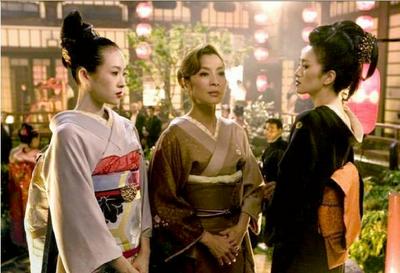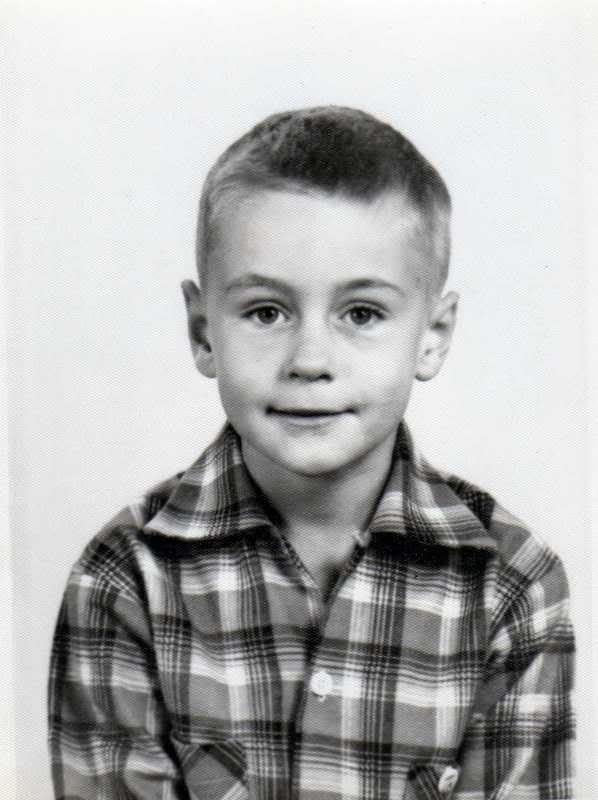 The Mandarin was at the movies recently and saw a short trailer for the upcoming film, “Memoirs of a Geisha.” In one scene, three geisha are talking in a luxurious teahouse, and the Mandarin turned to Ms. Mandarin and whispered, “What geisha? That’s Zhang Ziyi, Michelle Yeoh and Gong Li!?” After living most of the 1980s and 90s in China, more or less, the Mandarin family recognizes three A-list Chinese actresses dressed up in Japanese drag when we see them.
The Mandarin was at the movies recently and saw a short trailer for the upcoming film, “Memoirs of a Geisha.” In one scene, three geisha are talking in a luxurious teahouse, and the Mandarin turned to Ms. Mandarin and whispered, “What geisha? That’s Zhang Ziyi, Michelle Yeoh and Gong Li!?” After living most of the 1980s and 90s in China, more or less, the Mandarin family recognizes three A-list Chinese actresses dressed up in Japanese drag when we see them.
Courtesy of the IMBD, the Mandarin tallied the presumed cultural groupings (based on their names) among the cast members playing Japanese parts, and came up with this breakdown:
39% Chinese
32% Japanese
17% Non-Asian
4% Korean
8% Other Asian
It turned out that many of the Asian faces in the preview were unambiguously Chinese, with a few Koreans thrown in for variety. Kind of a jarring note. Japanese actors are a minority in their own movie! I know this isn’t news. After all, Chuck Norris has always been partial to having Filipinos play the Viet Cong. But, in this big budget tent-pole picture, seeing more than half the incomparable geisha of Kyoto’s Gion district and their patrons played by Chinese, gaijin 外人 (non-Asians), and a few other miscellaneous Asians, is really going to take some of the magic out of it for the Mandarin and anyone else who likes Japanese characters to look and sound Japanese. Good thing they didn’t film any of it at the Yasukuni shrine!
Whose brilliant casting idea was this? Soon Teck Oh (Korean), where are you? At least the Japanese-American actor Mako, who sometimes plays Chinese characters (like Po-han in "The Sand Pebbles") is playing a Japanese, although his Mandarin is pretty good....
Oh, by the way, the Mandarin has to admit that the question in the title was a trick: geisha 芸者 (literally “artist”) actually is Chinese (the original characters are 藝者). The Japanese borrowed thousands of Chinese words a more than a millennium ago, and their present-day Japanese pronunciation is actually a relic of the Chinese pronunciation of that era, ngiai-chya, which became gei-sha in Japanese, ngai-jeh in Cantonese and now yi-zhe in, what else…Mandarin.
Photo from http://michelleyeoh.info/Movie/Mg/Prom/mgprom2.jpg










